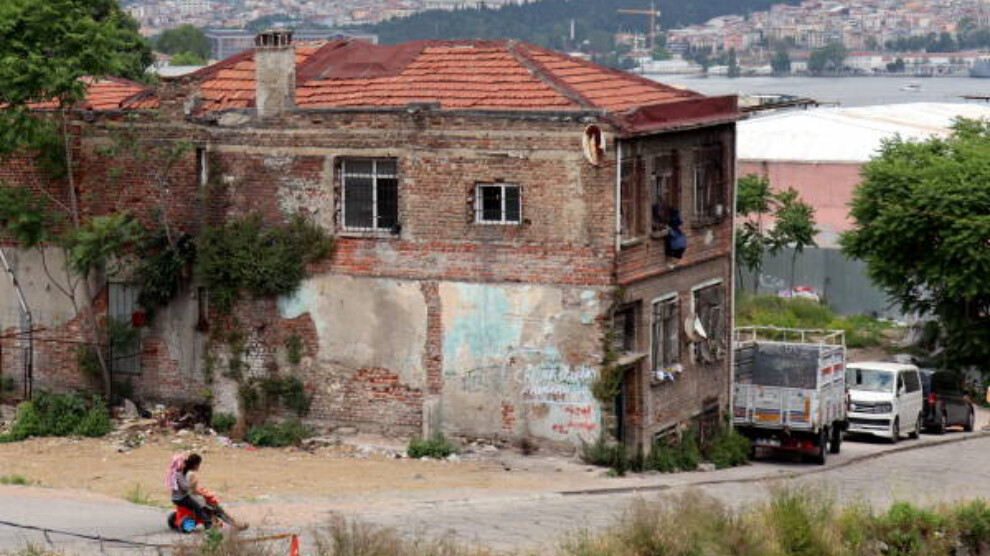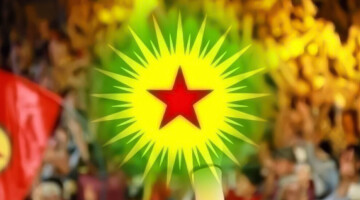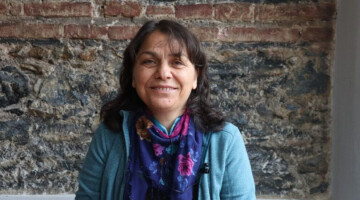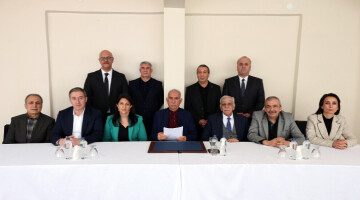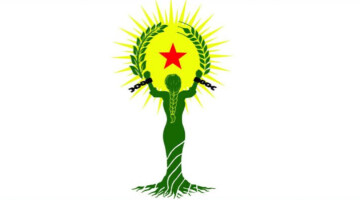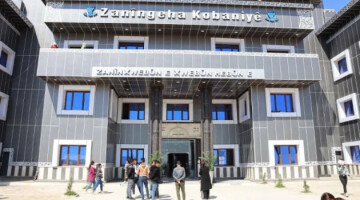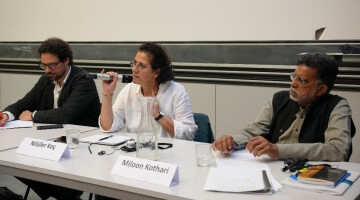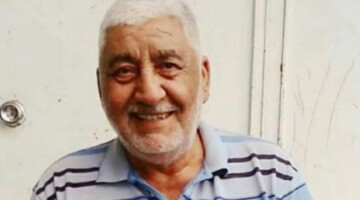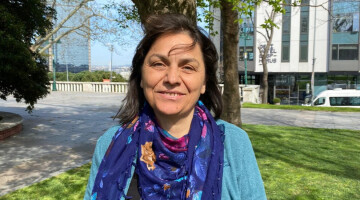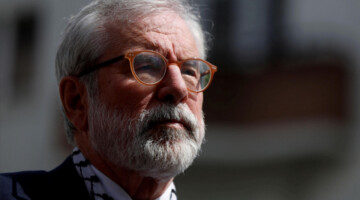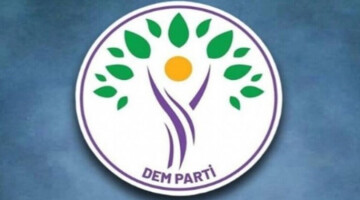The poverty rate in Istanbul, one of the largest metropolises in the world, is increasing year by year. According to TurkStat data from 2022, the poverty rate in Istanbul was found to be 18.1 per cent. In Küçük Pazar (Little Bazaar), a neighbourhood behind the famous Süleymaniye Complex, people live in broken houses. In the past, the population consisted mainly of Kurds who fled village burnings, oppression and unemployment in the 1990s. Today, the settlement mainly provides accommodation for illegal immigrants and refugees. They are predominantly young, single men who live together with at least five people in a flat to be able to cover the rent and other costs. There is still a Kurdish majority in the neighbourhood, but most of them have established some order since they have been living there for years. The pressure from the police is still noticeable. The Küçük Pazar police station used to be known as a torture centre when many Kurds moved to the neighbourhood. Now there is no police station, but the police put pressure on the neighbourhood almost every day, now also on the migrants who come to Turkey in search of a better life.
Illegal, unhealthy and unsafe
The migrants in Küçük Pazar work mainly as day labourers, for very little money and in unhealthy and precarious ways. Many buildings in the neighbourhood belong to the General Directorate for Foundations. Now the people who have lived and had businesses there for years are gradually being evicted. There are plans to completely demolish the neighbourhood and replace it with luxury hotels and shops, but since this cannot happen all at once, it is being done slowly and quietly.
No one wants to give their name
The migrant workers we spoke to did not want to give their names or be photographed because they do not have legal residence status. During our reporting, we witnessed identity checks and harassment by the police in the neighbourhood. The workers reported that identity checks are carried out mainly in the morning when they go to work and in the evening on their way back. The police demand bribes from illegal workers and send those who do not want to or cannot pay to deportation centres.
"We are seen as sick and bad people"
In a conversation we had in a coffee house where Kurds and migrants wait for a job opportunity, those present told us about the racism and fascist attacks they face. They stated that they are always exposed to racism at work, never get the money they are entitled to and are humiliated by other workers. One expressed the extent of racism as follows: "Nobody drinks anything from the glass we drink water or tea from. Even the person in charge of cleaning does not wash or touch the glasses we use. They see us as sick, contagious and bad people".
Children hit hardest
Poverty, which is increasing day by day, hits children the hardest. Children living in poor neighbourhoods are subjected to police harassment and have to fight for their lives in unhealthy and unhygienic conditions. Almost all school-age children in the neighbourhood have to work instead of going to school. They eat what they find in the rubbish or beg for money from passers-by. They are constantly exposed to the danger of sexual and psychological violence.

